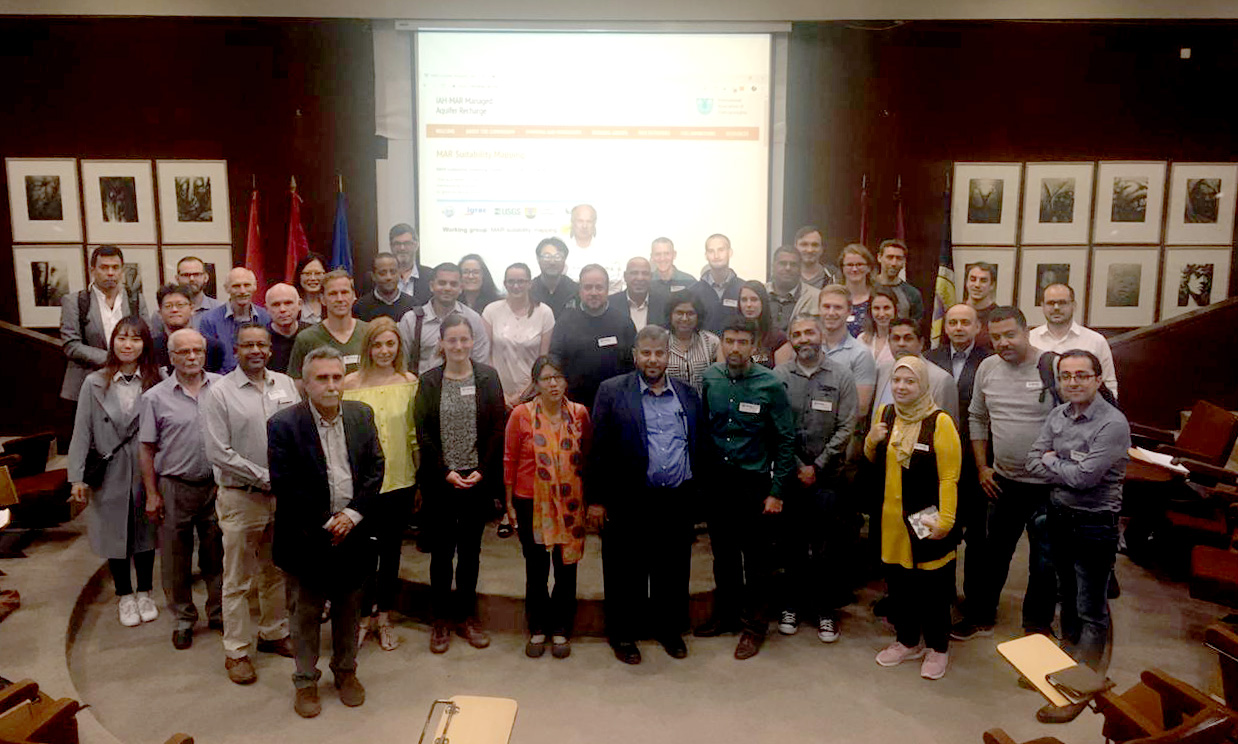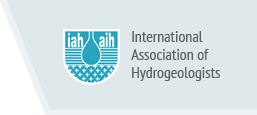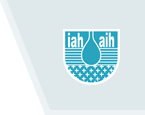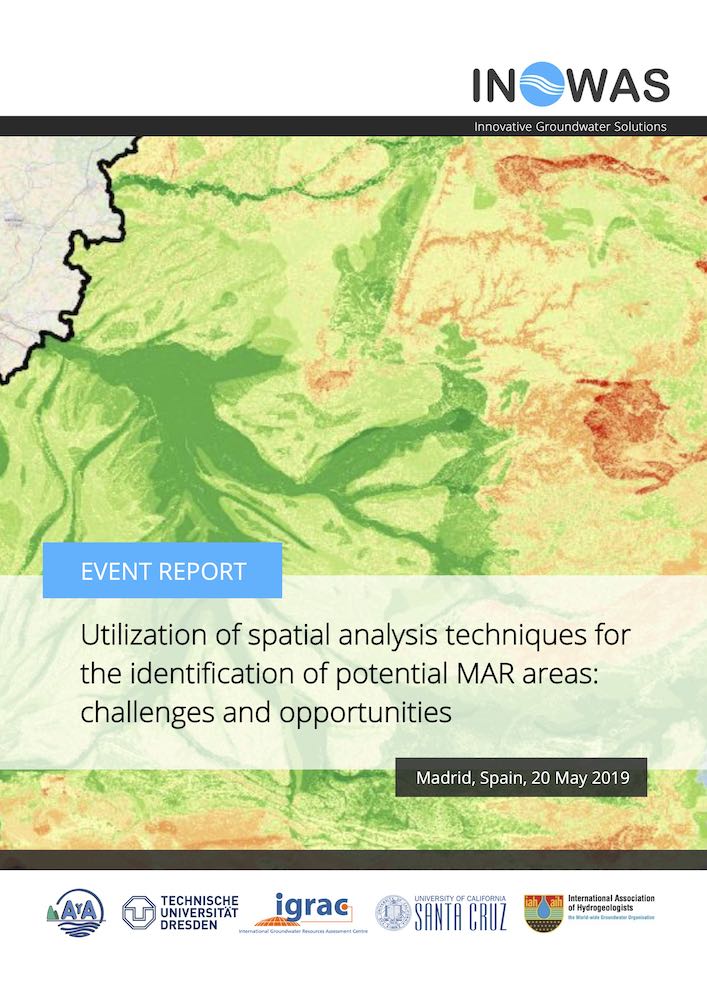Working Group: MAR Feasibility Mapping
Leaders
Dr. Catalin Stefan (TU Dresden, Germany – catalin.stefan@tu-dresden.de), Dr. Constantinos Panagiotou (ERATOSTHENES Centre of Excellence, Cyprus – constantinos.panagiotou@eratosthenes.org.cy)
Aims
- Review available studies on GIS-based selection of sites suitable for MAR application and publish the results in an open access paper
- Initiate a network of scientists and stakeholders to share experience on MAR suitability maps (criteria, scales, objectives, applications, etc.)
- Establish common GIS-based suitability mapping language and methodologies
The group will evaluate the range of methods in use, many of which are multi-criteria analysis of mapped parameters, each with a range indicative of suitability and with a weighting factors. There is considerable subjectivity and apparently inconsistent methodology for GIS-based selection of suitable sites for MAR. The group will consider primarily hydrogeological suitability and also availability of source water and demand for water. Maps have different purposes, scale, and are based on a range of data types and densities, and there are different requirements for different MAR methods. There will be an effort to put this onto a scientific footing, which may result in different types of maps under different settings, but useful for the purpose intended, able to be validated, and ideally also capable of international comparison.
Outcomes
PUBLICATIONS
- Sallwey, J., Bonilla Valverde, J.P., Vásquez López, F., Junghanns, R., Stefan, C. 2019. Suitability maps for managed aquifer recharge: a review of multi-criteria decision analysis studies. Environmental Reviews, 27(2): 138-150. https://doi.org/10.1139/er-2018-0069.
- Sallwey, J., Schlick, R., Bonilla, J., Stefan, C. 2019. Suitability mapping for managed aquifer recharge: development of web-tools. Water 11(11): 2254. https://doi.org/10.3390/w11112254.
EVENTS

Group photo with the participants of the first workshop organised by the working group on 20 May 2019 in Madrid, Spain
The generation of maps to identify potential areas where the implementation of Managed Aquifer Recharge (MAR) schemes may render better results is increasing in the last years. Yet, there is no standard methodology nor criteria set used to identify these potential areas. In order to promote the usage of common GIS-MCDA concepts and terms as well as discuss the importance and applicability of these maps with both stakeholders and the scientific community, a workshop was organised by the working group on 20 May 2019 within the ISMAR10 conference in Madrid, Spain. During this event, over 40 participants from 14 different countries representing both stakeholders and scientific community discussed over the methods, criteria sets, applicability, scientific value, importance and representativeness. Download the report here.
TOOLS DEVELOPMENT
Two web-based tools are developed for compilation of suitability maps for MAR implementation. The first tool was developed by the research group INOWAS at TU Dresden, full documentation available at https://inowas.com/tools/t05-gis-mcda/. The second tool aims at visualising sensitivities during the map-making process and was developed by Galen Gorski from the University of California, Santa Cruz, USA. The tool is available online at https://ggorski.shinyapps.io/marmaps/.
How to contribute
Volunteers are invited to inform José and Catalin of their interest, whether they have case studies, concerning the existence of such maps in their country to send him the web link or a copy to add to those on the Global MAR Portal.
History of Working Group
This working group was formed at the 45th IAH Congress, Daejeon, September 2018. The initiating members are José Bonilla (AyA, Costa Rica, Arnaud Sterckx (IGRAC, the Netherlands), Daniel Goode (USGS), Galen Gorski (University of California, USA), Jana Sallwey, Robert Schlick and Catalin Stefan (TU Dresden, Germany). The group seeks to grow by being joined by all those with an interest in this topic.



